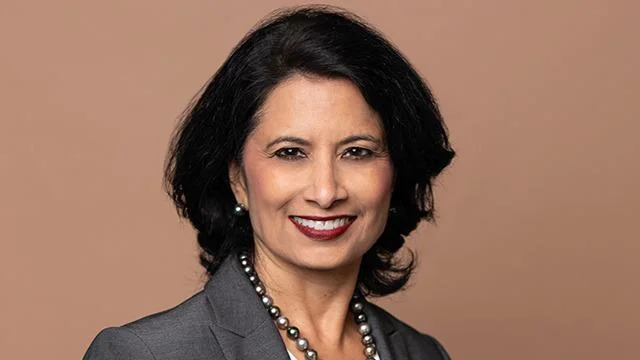The University of Houston Law Center’s International Energy Lawyers Program (IELP) is marking the 10th anniversary of its first graduating class. The program, a partnership between the University of Houston Law Center and the University of Calgary Faculty of Law, offers students an opportunity to train for legal practice in both the United States and Canada.
Andrea James, a member of the inaugural cohort, described her experience as formative for her career. After completing the program, she co-founded Jamesco Barrister & Solicitors in Calgary and worked on high-profile cases such as serving as counsel for a key witness in the 1Malaysia Development Berhad scandal. "The program gave me the opportunity to network quite extensively when I was in Texas. Upon returning to Canada, I had access to several clients," James said. "I was able to leverage that into a very successful practice quite early in my career and ended up hanging my own shingle."
The IELP requires participants to spend two years at each institution and take courses qualifying them for bar admission in both countries. Since its launch in 2011, 24 students have completed the dual-degree track, according to Karen Jones, executive director of Global and Graduate Programs at UHLC. The goal is to produce lawyers who can work across borders regardless of whether they stay within the energy sector.
"What we have found is that students who go through the program, while some of them stay in energy, others end up going into other sectors," Jones said. "We have had students go on to become professors, work in major law firms and some who have opened their own practice."
Alysha Alibhai graduated from IELP in 2018 and currently works as senior legal counsel for mergers and acquisitions at TotalEnergies in Houston. Her previous roles included positions at White & Case LLP in Houston and Norton Rose Fulbright in Calgary. "I work in the energy space and it certainly helps that I had the benefit of learning about energy-specific topics while I was in school," Alibhai said. "The dual-degree structure gave me a competitive edge when interviewing, which is helpful in an environment where it can be difficult to differentiate your application from hundreds of others." She added that networking opportunities provided by IELP were instrumental when she moved back to Houston: "You never know where your career will take you, so it’s important to take advantage of all the networking opportunities you have access to as a student," Alibhai said.
Despite these successes, Jones noted that attracting more students remains a challenge; typically only one to three enroll each year. She indicated that possible changes are under consideration: "We’re looking at making small tweaks to the program," she said. "One of the things we’re looking at is changing the program’s name to the International Environmental Lawyers Program." According to Jones, this would help clarify that graduates can pursue careers beyond just energy law: "They can go into any environmental or sustainability area of law and still benefit from the program," she said.
James emphasized how her cross-border training has enabled her firm—a boutique tax and corporate law practice—to serve clients across various industries including agriculture, construction and engineering: “Having the ability to market yourself as across border specialist in your early career puts you in an incredible position to work with clients and on files that otherwise junior lawyers wouldn’t have the opportunity to touch.”
“The number of companies that operate between Canada and the U.S. is incredibly high,” James said. “Having the ability to market yourself as across border specialist in your early career puts you in an incredible position to work with clients and on files that otherwise junior lawyers wouldn’t have the opportunity to touch.”

